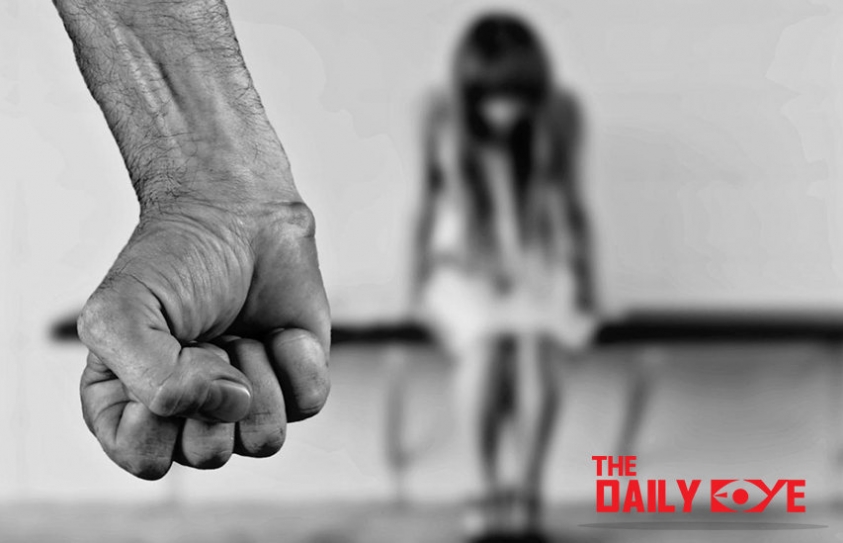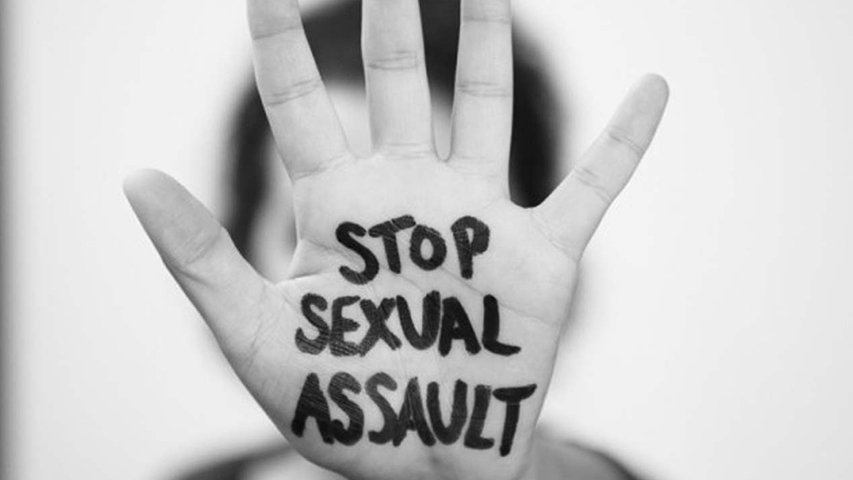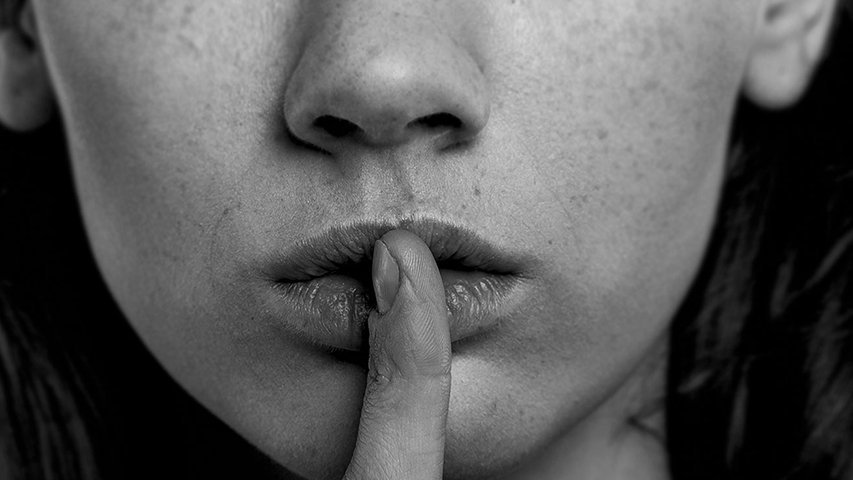
Reforms on Sexual Violence hardly reach Women with Disabilities
by Yash Saboo April 20 2018, 4:14 pm Estimated Reading Time: 2 mins, 34 secsResearch suggests that women with disabilities are more likely to experience domestic violence, emotional abuse, and sexual assault than women without disabilities. Women with disabilities may also feel more isolated and feel they are unable to report the abuse, or they may be dependent on the abuser for their care. Like many women who are abused, women with disabilities are usually abused by someone they know, such as a partner or family member.
In fact, it is estimated that as many as 40% of women with disabilities experience sexual assault or physical violence in their lifetimes (National Clearinghouse on Family Violence, Canada) and that more than 90% of all people with developmental disabilities will experience sexual assault (Schwartz & Valenti-Hein, 1995).

Source : The Gurdian Nigeria.
There remains almost no literature regarding the risk of abuse, women’s experiences of abuse, and barriers to seeking help among women with disabilities. The absence of attention to this issue from both disability and violence researchers has contributed to the ‘invisibility’ of the victimization of women with disabilities.
Many women and girls with disabilities can find it hard to move away from danger or call for help, know that a crime has happened to them or tell other people what happened. Women with disabilities might fear they will not be believed or perceived as not credible by the police or the courts, or that there will not be appropriate services available.
Those who perpetrate sexual violence against people with disabilities often socialize their victims to believe that the abuse is normal and acceptable. Victims may grow up not understanding the difference between appropriate and inappropriate sexual behaviour and may not have experienced healthy and consensual intimate partner relationships. Furthermore, a survivor may be confused by the violence if it is perpetrated by a caregiver or family member who may also do nice, appropriate things for the survivor.

Source : Joshua Hook.
The government in India has promised to make sure that all people with disabilities get their rights. They signed a document about this in 2007. Since then the government has made some new laws and rules about the rights of people with disabilities and the rights of children who experience sexual violence. In 2013, the government changed the law about sexual violence. The new law makes it easier for women and girls with disabilities to get help if they experience sexual violence. For example, the law now says that women and girls with disabilities can, report sexual violence to the police at home or another place they choose, they can have someone to support them to report the crime and go to court or speak about what happened by video. But many of these changes have not happened yet. This makes it very hard for women and girls with disabilities to get the help they need.
There is a need to take into account and to address the concerns of women and girls with disabilities in all policy-making and programming. Special measures are also needed at all levels to integrate them into the mainstream of development.




-173X130.jpg)
-173X130.jpg)
-173X130.jpg)
-173X130.jpg)

_(7)-173X130.jpg)
-173X130.jpg)
-173X130.jpg)